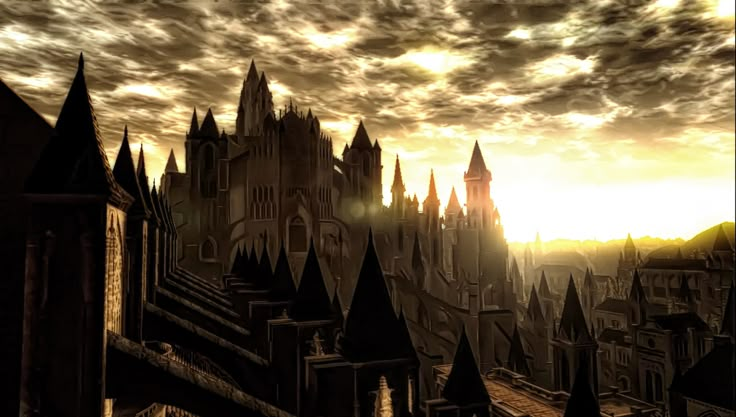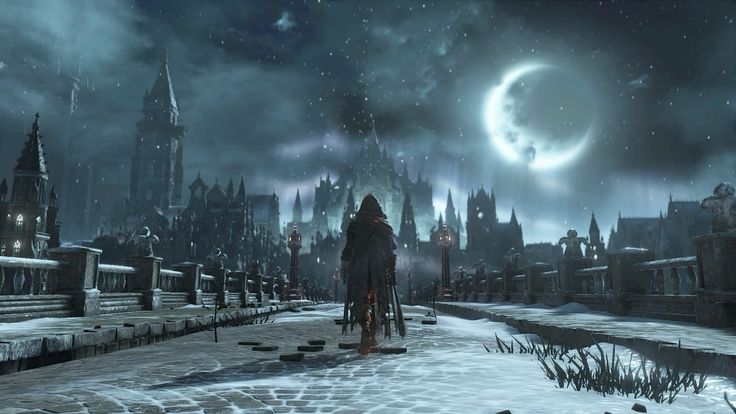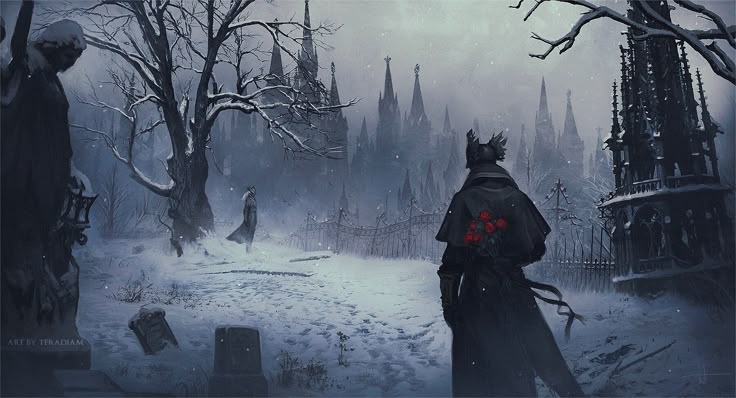The Silent Soundtrack: How Quiet and Stillness Shape the Souls Universe
Introduction
In the worlds of Dark Souls, silence isn’t empty—it’s alive. FromSoftware doesn’t drench every moment in music; instead, it lets the absence of sound breathe, turning quiet corridors and wind-swept plains into spaces heavy with tension and mystery. The rare moments when music does break the stillness—whether it’s the solemn swell before a boss fight or the haunting notes echoing through a forgotten ruin—hit like a thunderclap to the soul. This deliberate balance between silence and sound doesn’t just set the mood; it becomes the mood, drawing you deeper into the game’s world with every cautious step.

The Silent Soundtrack: How Quiet and Stillness Shape the Souls Universe
In most games, music is a constant companion—a background score guiding your emotions, telling you when to feel tense, heroic, or safe. But in the Souls series, silence often does the heavy lifting. FromSoftware’s worlds are built on stillness, with the absence of music acting as a soundscape of its own. The distant clank of armor, the wind sighing through a ruin, the crunch of your footsteps on old stone—these become the soundtrack to your journey.
This quiet isn’t an oversight; it’s deliberate, and it’s powerful. In Dark Souls, walking through the Undead Burg without music feels raw and exposed. There’s no orchestral safety net, just the constant awareness that something could be lurking around the next corner. Your own heartbeat becomes part of the experience. The silence breeds tension—not by showing you danger, but by making you expect it.
When music does appear, it feels monumental. Boss fights, for instance, explode with sweeping, operatic scores, making each encounter feel like a clash between legends. The contrast is staggering: after hours of quiet exploration, the sudden eruption of choirs and strings is overwhelming, both emotionally and physically. It’s not just “epic music”—it’s the breaking of silence, the shattering of stillness that amplifies the impact.
And yet, even in moments where music exists, FromSoftware uses restraint. It doesn’t tell you exactly how to feel; instead, it mirrors the uncertainty and melancholy of its world. The score often feels mournful, almost funereal, reminding you that even victory comes at a cost.
This dance between silence and sound is one of the series’ greatest narrative tools. It shapes how we explore, how we fear, and how we remember these worlds. Long after we’ve put down the controller, it’s not just the epic boss themes we recall—it’s the haunting quiet of Firelink Shrine, the eerie stillness of Ash Lake, or the wind howling through Anor Londo’s empty halls.
FromSoftware understands something many games overlook: silence is not the absence of feeling, but the space where feeling grows. In the Souls series, the quiet speaks as loudly as the music, and together, they create an atmosphere that lingers in your soul long after the game is over.
More articles from the Understand Souls
More articles from the game Final Fantasy
More articles from the world of Nier
More articles from the game Death Stranding
🎧 Dive Into the Unknown
I’ve recorded a special podcast exploring one of the many deep theories from the world of Nier. While it’s the only episode for now, there’s so much more to discover in the articles below—until the next voice finds its way to you.


























